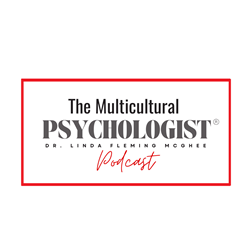Epistemic Trust in Therapeutic Assessment- Walking a tightrope with our clients
SPA E-Learning Center | 2024 SPA Convention
Abstract
In 2019, the theory of Epistemic Trust (ET) was introduced as a highly plausible framework for the effectiveness of Therapeutic Assessment (TA) (Kamphuis & Finn, 2019). Different aspects of TA contribute to the willingness of clients to adopt and implement new information about themselves. In this symposium we look closer at several TA interventions and their impact on ET in clients with personality disorders. More specifically, which interventions help clients to open their ‘epistemic superhighway’ (Fonagy et al., 2015) and be ready to take in new information essential to shift their narrative? We also focus on ET in clinicians and how an awareness of the assessor’s momentary level of ET can facilitate the shift in a clients’ narrative. Clients with a personality disorder have little awareness of the impact of their behavior on others. By being transparent with our clients about how they interact and reflecting on the impact of their (maladaptive) behaviors on the assessor, we expect ET to increase. Which in turn will have a positive impact on therapeutic alliance and satisfaction of both the client and the assessor. In this symposium, we will pay particular attention to the cultural differences for what it is like to be transparent in the Netherlands compared to how this is expressed in the USA. To investigate this hypothesis, we asked our clients in the second half of 2023 to complete a questionnaire on Epistemic Trust at the beginning and end of a TA. Furthermore, we asked the clinician and client each to rate the therapeutic relationship and overall satisfaction. And clients and assessors completed a questionnaire about the therapeutic alliance at the end of a TA. We will discuss the results in this symposium and highlight them with case examples.
Discussant
Jan Kamphuis | University of Amsterdam
Goals & Objectives
- Describe how ET evolves in the client throughout TA and discuss which interventions contribute to a growth of ET.
- Demonstrate the importance of ET on the therapeutic alliance and satisfaction of both client and assessor by assessing case studies.

